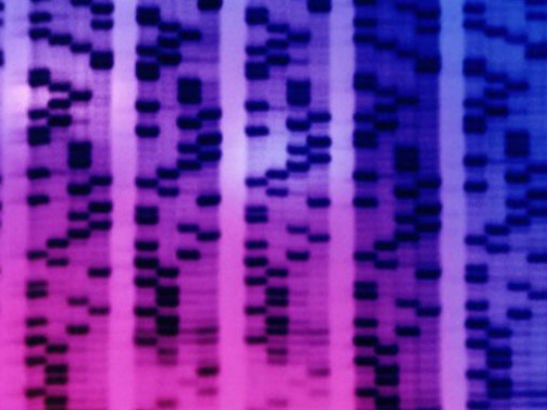Each UK individual has an average of 160 rare genetic variants, present in only 0.1% of the population – according to an in-depth analysis of a new genetic information resource.
Scientists at The Institute of Cancer Research, London, established the baseline number of genetic variants after generating genetic information from 1,000 UK individuals, called the ICR1000 UK series.
They are publishing their new findings simultaneously with the full set of data, which is being made available as an open resource for other genetic researchers to use.
Their study, published in the journal F1000, analysed every single letter of DNA code from 17,588 genes in 1,000 people enrolled in the 1958 Birth Cohort Collection – a long-term study of people born during one week in 1958.
Overall, they found a total of 295,391 variants – instances where there is a difference in the genes of an individual when compared to the human reference genome which serves as a representative example of human genes.
Each person had an average of 21,978 gene variants – and an average of 160 found only in that one member of the cohort.
The study was funded by the ICR.
The researchers were looking for an idea of the baseline genetic variation expected in general human populations – as opposed to isolated populations, in which rare variations can appear more common.
Similar previous studies have either used isolated populations, small numbers, or have not been fully published, meaning researchers have previously struggled to pin down a baseline level for rare DNA variation.
Study leader Professor Nazneen Rahman, Head of the Division of Genetics and Epidemiology at the ICR, said: “Our research provides a window onto more than 295,000 gene variants, and gives us a handle on the average genetic variation we should expect in an average person in an average population.
“Our new resource of genetic information will be an invaluable tool for others working in research and clinical genomics – both in the cancer context, and in other types of disease – and it’s already helped with our own research.”
